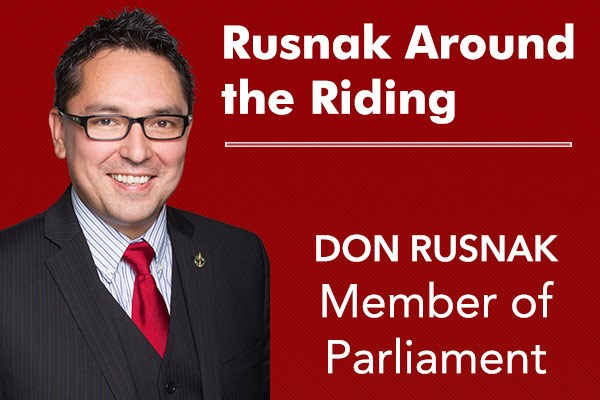Back in April, I had the honour of attending the United Nations Permanent Forum on Indigenous Issues in New York City, alongside several of my colleagues. This was the 16th annual conference at the UN dedicated exclusively to discussing the issues facing the world’s Indigenous populations.
The forum brought the world together on the 10th anniversary of the United Nations Declaration on the Rights of Indigenous Peoples, or UNDRIP. The event provided the opportunity for member states and Indigenous peoples to discuss achievements made since the adoption of UNDRIP in 2007, and to identify ongoing obstacles and challenges. It was also a chance to review the commitments made by Member States at the 2014 World Conference on Indigenous Peoples. The Forum was an extremely valuable opportunity for Canada to take a leadership role in the world and reengage as an important partner in promoting the human rights and dignity of all people around the globe.
Our government is committed to fully implementing the Declaration in accordance with the Canadian Constitution and is working in full partnership with Indigenous Peoples on the path forward. We have already announced the creation of a new Working Group of Ministers responsible for reviewing laws and policies related to Indigenous Peoples, and new, distinctions based permanent bilateral mechanisms with the First Nations, the Metis Nation, and the Inuit. These processes, along with others, will support and inform the implementation of the Declaration.
The previous government had a policy of disengagement with international organizations, and our government is focused on reengagement and increasing our nation’s presence on the world stage. For Canada, that means re-engaging with international bodies like the United Nations. We recognize the value in learning from other nations and will continue to work collaboratively with international partners to support progress on all issues, both at home and abroad.
Reengaging with the world creates opportunities at home, and carving out a larger space for Canada on the international stage will bring more opportunities for national economic growth and development. I look forward to building on the relationships forged during the Forum to create new benefits for all the communities of Thunder Bay Rainy River.
More recently, the Honourable Jody Wilson-Raybould addressed the Assembly of First Nations to announce the release of a set of Principles Respecting the Government of Canada’s Relationship with Indigenous Peoples. These ten principles, which are based on the recognition of the rights of Indigenous peoples, are rooted in Section 35 of the Constitution and the United Nations Declaration on the Rights of Indigenous Peoples. They will serve as the basis for federal engagement with Indigenous peoples.
These principles will guide a group of ministers who, over the next few months, will be meeting with Indigenous leaders, organizations and communities to further discuss how the Principles will help transform the Government of Canada’s relationship with First Nations, Inuit and Métis and further fulfill our promise to Canadians to truly advance reconciliation.

